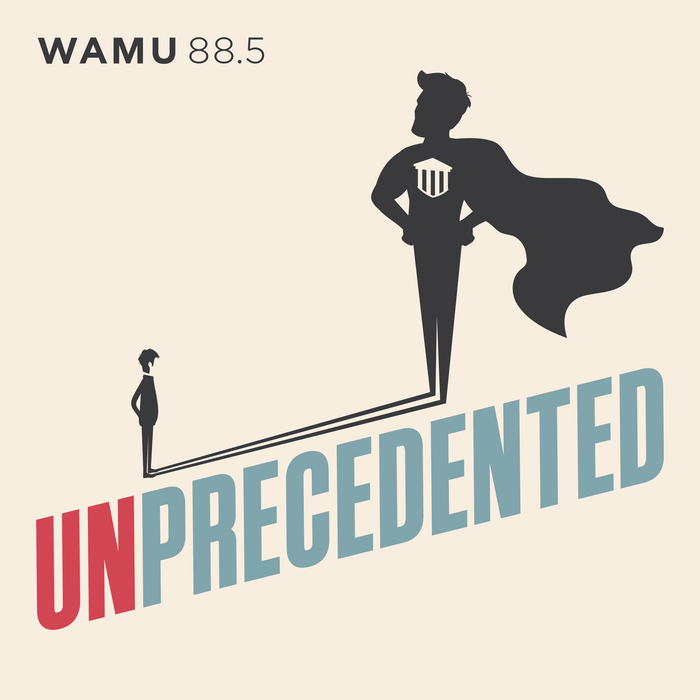
“They knew that their country’s devastation—before the earthquake as now—was not inevitable. They knew that traditional “recovery” would fail to recover much of anything except the previous inequities. They knew that reconstruction could be, had to be, grounded in democracy, where all had a say. And they were organizing.”
Beverly Bell. Fault Lines: Views Across Haiti’s Divide
The emergence and efflorescence of Covid-19 has produced its own distinct discourse: social distancing, flatten the curve, social isolation, care mongering, and the list goes on. Words matter, rhetoric matters. One term that has been recirculated through the interpretive landscape of dismay, disorder and governmental dithering is to claim that everything is unprecedented … and so how could we have known? This claim of unprecedence has resulted in some curious contortions. For example, the stock market collapse is both unprecedented and the worst since 1987. The pandemic itself is unprecedented and the worst since the 1918 pandemic, the so-called Spanish flu. Well, which is it, unprecedented or the worst since? It doesn’t matter, because the claim of everything being unprecedented, rather than seriously and existentially dire, is always already an alibi. What is the alibi, and were we all really completely unaware?
For decades, political economist after political economist has warned that neoliberal models of development, and in particular austerity, would leave the world with severely diminished health care systems and seriously stretched economies. Four decades of slow to no growth and just in time production chains have produced “lean economies” which [a] only work for the very rich, [b] widen inequality rapidly and increasingly, and [c] increase risk. How did `we’ emerge from the infamous 1987 crash? The infamous Greenspan Put, in which the Fed “injected liquidity” into the market. What that means is that speculators are protected from risk and so are encouraged to take even riskier investments. The very opposite of no pain, no gain, this solution is All gain for a few, all and intense pain for everyone else. That was how `we’ emerged from 1987 … 1997 … 2000 … 2008. Unprecedented? Hardly.
Four years ago, Rob Wallace’s Big Farms Make Big Flu was published. Recently, Wallace noted, “The real danger of each new outbreak is the failure –or better put—the expedient refusal to grasp that each new Covid-19 is no isolated incident. The increased occurrence of viruses is closely linked to food production and the profitability of multinational corporations. Anyone who aims to understand why viruses are becoming more dangerous must investigate the industrial model of agriculture and, more specifically, livestock production. At present, few governments, and few scientists, are prepared to do so. Quite the contrary. When the new outbreaks spring up, governments, the media, and even most of the medical establishment are so focused on each separate emergency that they dismiss the structural causes that are driving multiple marginalized pathogens into sudden global celebrity, one after the other … There are no capital-free pathogens at this point … The capital-led agriculture that replaces more natural ecologies offers the exact means by which pathogens can evolve the most virulent and infectious phenotypes. You couldn’t design a better system to breed deadly diseases … These companies can just externalize the costs of their epidemiologically dangerous operations on everyone else.” The other term for the Greenspan Put is moral hazard, “any situation in which one person makes the decision about how much risk to take, while someone else bears the cost if things go badly.” That’s Paul Krugman writing, in 2009, about the crash of 2008. Unprecedented? No.
Despite the experience, and warning signs, of both SARS and Ebola, the lessons for health care were ignored in favor of profit. Cut workers’ access to health benefits, both by directly slicing health care benefits and transferring large sectors of the labor force to precarious `self contractors’. Defund public health and privatize health care as extensively and deeply as possible. Invest in pharmaceutical research that generates maximum profits and whatever you do, stay away from research in preventive medicine. Big Pharma “loves to design cures. The sicker we are the more they earn.” Keep the system `lean’ and `efficient’, meaning no extra beds, no extra anything. This is the legacy of austerity, and it has been widely criticized, certainly 40 years ago at the beginning of the period of neoliberal development, but with greater insistence, research and documentation over the past ten years. Unprecedented? Nope.
The claim of “unprecedented” is an alibi to the same extent that it provides ideological cover for the same old same old. This is not about gotcha; this is about how we understand “reconstruction”. Many are, rightly, concerned that nation-State governments will declare a State of Emergency or a State of Disaster and thereby erode civil and human rights. Even if that does not happen, we must pay critical attention to those who call for a “return to normalcy”, which would mean a `return’ to growing inequality, decreasing access to decent health care, mounting evictions, increased incarceration, increasing hunger, and more and more unprecedented pandemics.
(Image credit: NPR)